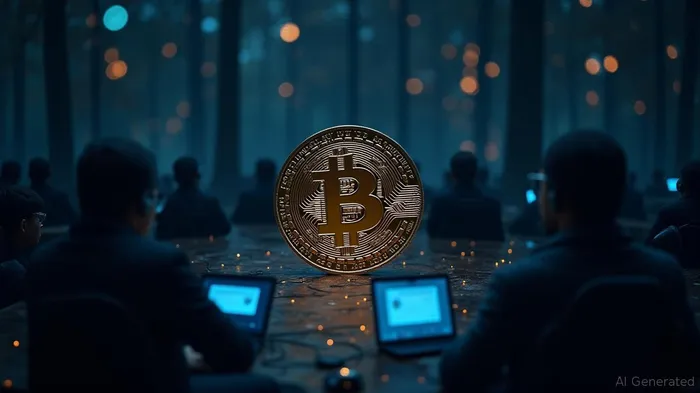Bitcoin News Today: Bitcoin Transaction Fees Drop 90% Amid Network Slowdown
Bitcoin users can now add transactions to the blockchain at a significantly reduced cost. The minimum fee rate for Bitcoin transactions has been slashed by 90%, dropping from 1 satoshi per virtual byte (sat/vByte) to 0.1 sat/vByte. This change comes as a result of decreased activity on the Bitcoin network, prompting miners to lower the minimum rate to encourage more transactions and add more blocks to the blockchain.
The reduction in fees indicates a decline in demand for blockspace, as fewer people are using the Bitcoin network for transactions, inscriptions of Ordinals, or other actions. Miners, who process transactions and add them to the blockchain, are rewarded with 3.125 BTC per block, along with transaction fees. However, with fewer transactions, miners earn less for each successful block win, leading to the decision to accept lower fees.
This move has sparked a debate within the Bitcoin community about the cryptocurrency's primary use case. Some argue that Bitcoin should be used for everyday payments, while others believe it is better suited as a store of value. Twitter founder and Square CEO Jack Dorsey has previously expressed his belief that Bitcoin's success depends on its use for payments, stating that it would become irrelevant if it did not transition to this use case.
However, as Bitcoin's price continues to rise, many are using it as an investment rather than a medium of exchange. Scott Norris, CEO of Bitcoin miner Optiminer, noted that as long as the upward price momentum exists, people are unlikely to use Bitcoin for transactions. He compared Bitcoin to digital land, stating that it is valuable and its value continues to grow, making it less suitable for everyday use.
Despite the debate, the reduction in fees has been welcomed by some users who prefer to pay as little as possible for transactions. One user expressed delight at seeing sub-1 sat/vByte transactions in the Mempool, stating that they wanted to pay as little as possible when not using the Lightning Network. However, others have argued that fees are necessary to secure the network, drawing comparisons to tax payments.
Overall, the reduction in Bitcoin's minimum fee rate reflects the current state of the network, with decreased activity leading to lower fees. The debate over Bitcoin's primary use case continues, with some advocating for its use as a medium of exchange and others seeing it as a store of value. As the network evolves, it remains to be seen how these dynamics will play out and what the future holds for Bitcoin. 
Quickly understand the history and background of various well-known coins
Latest Articles
Stay ahead of the market.
Get curated U.S. market news, insights and key dates delivered to your inbox.



Comments
No comments yet